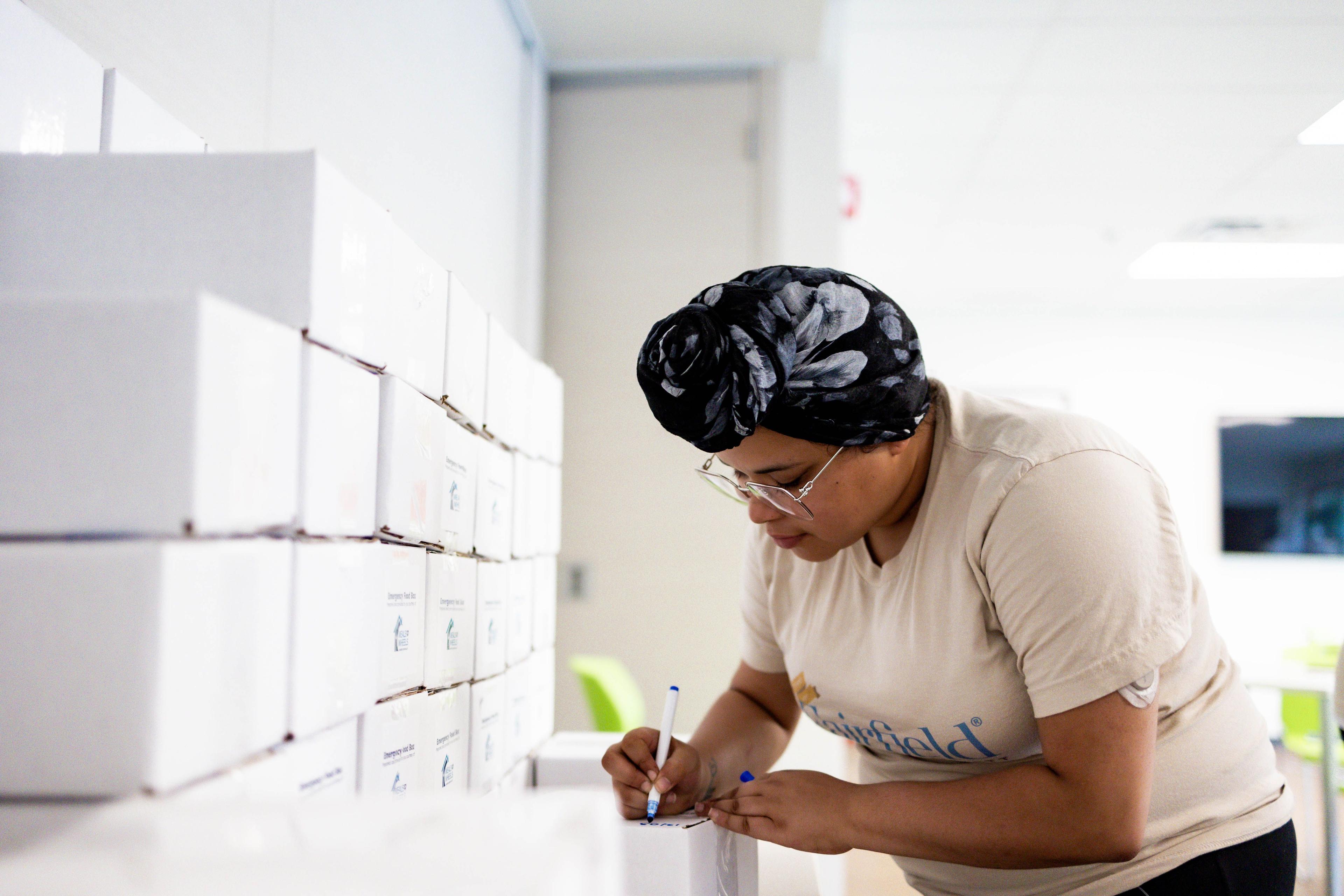
Springwood Hospitality believes in building strong communities. Our hotels are dedicated to improving the quality of life for our neighbors by attracting economic growth, fostering job creation, and always partnering with local non-profit organizations. Discover just some of the many organizations we've been honored to support over the years below.
We're proud to partner with Hilton and Marriott on their signature social responsibility programs. At both our Hilton and Marriott hotels, we participate in the Clean the World initiative, which helps recycle and repurpose soap and other amenities. Our Hilton properties also utilize the LightStay platform to track and improve our environmental and social impact, while our Marriott properties participate in the Serve 360 platform to contribute to various community service projects and sustainability efforts.
